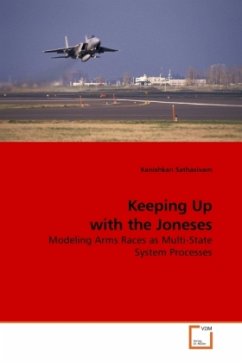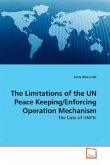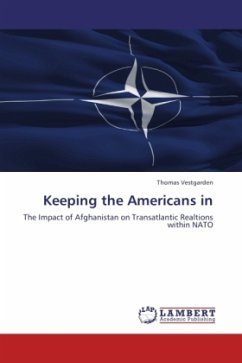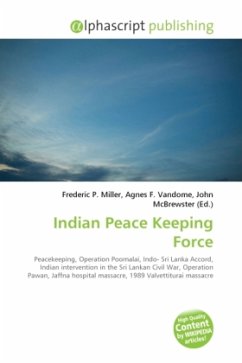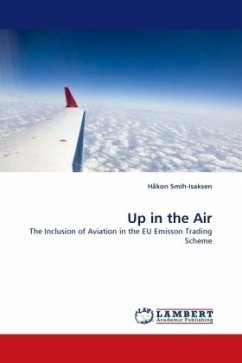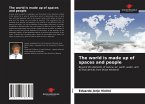Most efforts at mathematically modeling arms races have been confined to studying systems of two countries believed to be engaged in an arms race against each other. Such dyadic studies are, however, inadequate in accounting for the multitude of very real regional and global concerns that most states must respond to in today s globalized international system. This study develops a baseline theoretical model of arms races as multi-state (i.e. N-adic) processes, from which several empirically testable mathematical models are derived and further specified with alternative forms of operationalization for their independent variables. These models are evaluated using annual military expenditures, manpower, and inventories data from two regional multi-state systems: the Middle East and Southeast Asia. The results of this study validate three critical arms race propositions. First, action-reaction arming processes are rarely found to be dyadic and instead are typically found to be N-adic. Second, states are frequently observed reacting asymmetrically to one another. And third, military expenditures data are found to not be the best representation of military capabilities or threats.

